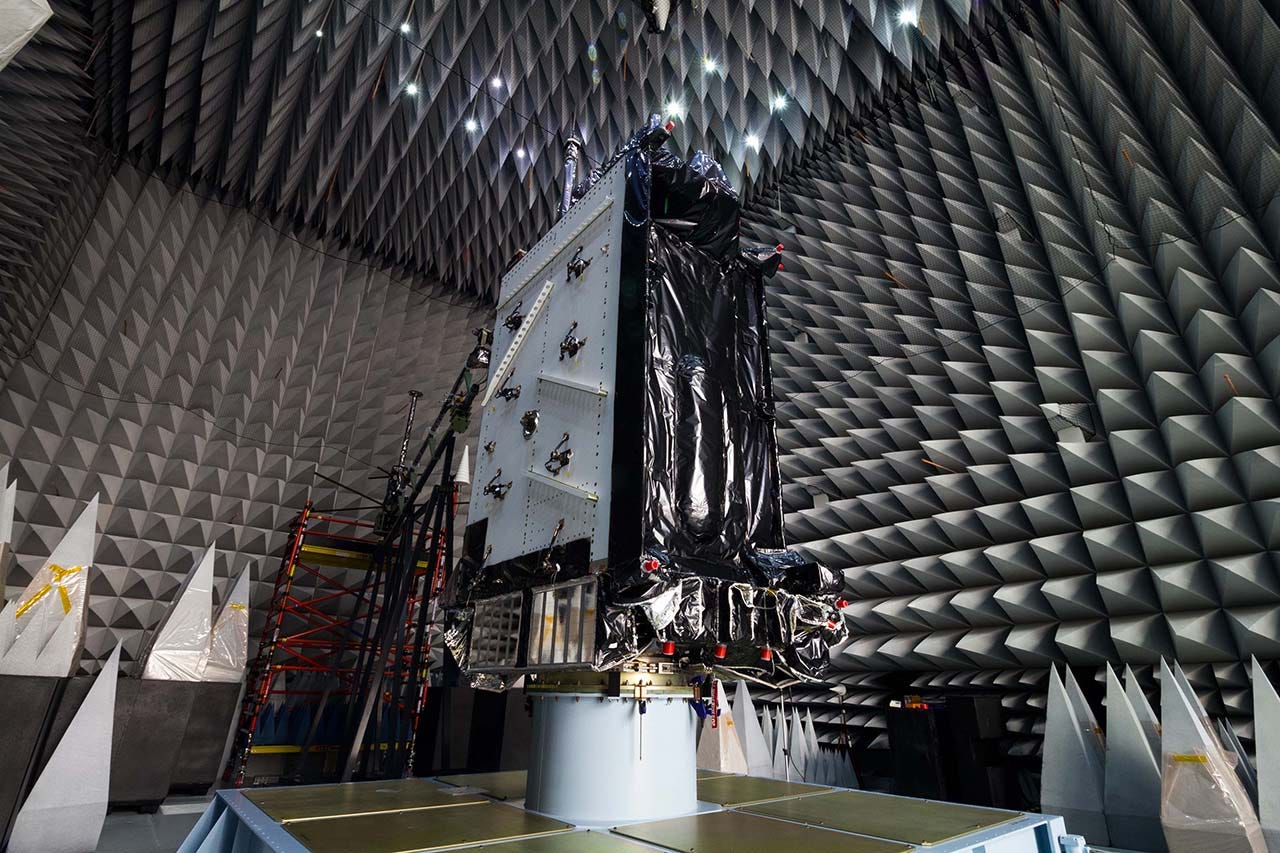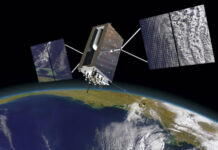China, Russia GPS Interference Already Happening…
In a Jan. 23 The New York Times article, “America Has a GPS Problem,” author Kate Murphy says the system needs a reliable backup. She contends that the GPS signals “are incredibly weak” because of the time and distance to reach receivers through space.
As a result, the signals are vulnerable to jamming and spoofing by even the most inexpensive devices. In addition, the article says the satellites themselves could be destroyed by space junk and other problems.
“By passing the Armageddon scenario, not hard to imagine terrorists, or just joyriding hackers, putting powerful jammers on mobile platforms and having them cycle on an off shutting down a major metro area.” Dana Goward
The article outlines thousands of GPS interference cases that have been linked to China and Russia, including incidents in marine shipping and airport operations.
According to the article, the 2018 National Defense Authorization Act, has included funding for federal agencies to conduct demonstrations, which were held last year.
Bad Things Would Happen if GPS Went Down…
While the article sent a grave notice to readers about GPS’ jamming, more dire consequences could occur in the event of a severe outage, said Dana Goward, president of the Resilient Navigation and Timing Foundation.
“As soon as GPS goes out, transportation takes an immediate and severe hit, as do first responders. Soon digital broadcasts and land mobile radio systems start to fail,” he said. “Within 14 hours, the impacts to the wireless network–and what doesn’t go by wireless these days–are noticeable. By 24 hours, a third of the cell towers are no longer talking to each other.”
Photo: GPS III satellite (Lockheed Martin).
Goward said he has seen papers that speculate there would be civil unrest, within days of a major GPS outage, because people would not have access to money, reliably talk to communicate and other issues. “This could happen as the result of a coronal mass ejection, cyber attack, system mistake/error, or an electronic warfare attack by an adversary, which could be difficult to attribute,” he said. “By passing the Armageddon scenario, not hard to imagine terrorists, or just joyriding hackers, putting powerful jammers on mobile platforms and having them cycle on an off shutting down a major metro area.”
The government doesn’t have the equipment to find GPS jammers that are stationary, much less mobile ones, Goward said. “Imagine all the difficulty the autonomous and intelligent transportation folks are going to have to go through when it becomes really clear, because of a major accident, that GPS is not sufficient for safety of life use,” he said. “We will still need the cameras, wheel counters, etc, but the tech will be so much easier and better if it has a solid basis for both time and location.”
Goward, who was quoted in the Times article, is a proponent of eLoran technology as a GPS backup system. Goward, in the article, said that both China, Russia, Iran, South Korea and Saudi Arabia have eLoran systems as a GNSS backup.




























